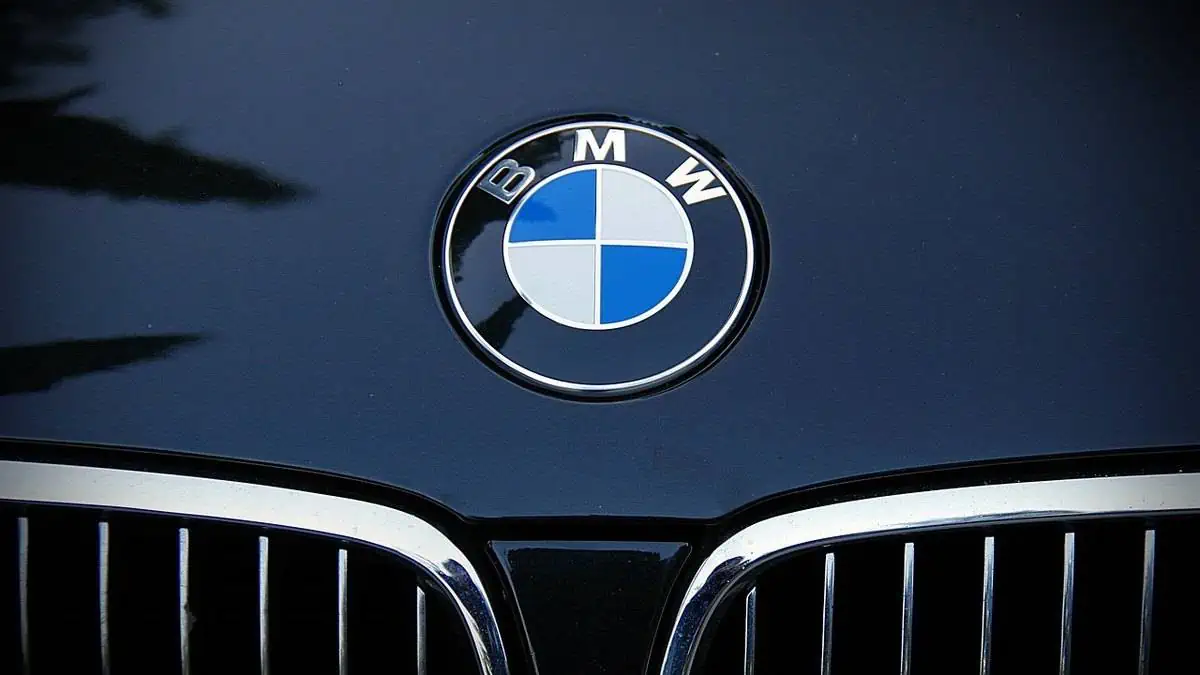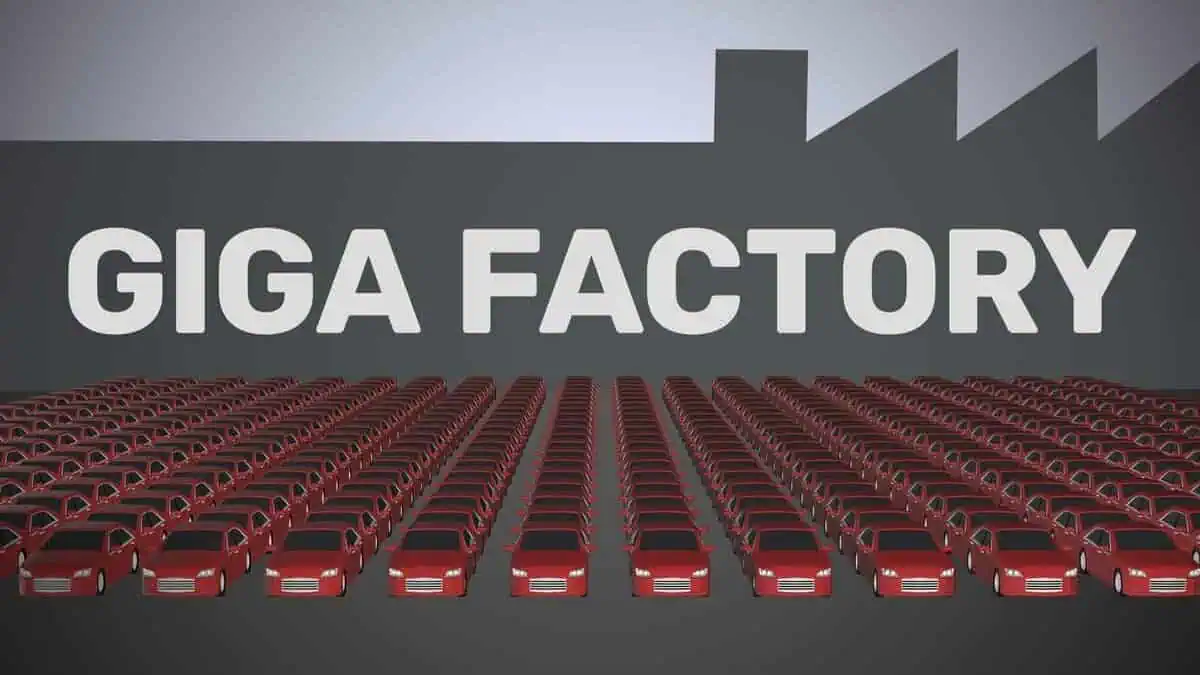The GREEN focus of the BMW iFACTORY includes using state-of-the-art technologies – resource-optimized and circular.
The BMW Group drives the automotive industry’s transformation and is thoroughly aware of its responsibility. That’s why the German automaker set ambitious goals: a new, holistic way of thinking is needed.
According to the company, the BMW iFACTORY is one major step in that direction and redefines automotive production with its three DIGITAL, LEAN, and GREEN pillars.
DIGITAL involves using artificial intelligence to become faster, more transparent, and more precise. LEAN represents efficiency, precision, and maximum flexibility. GREEN means sustainable, circular, and resource-optimized. While the BMW iFACTORY showcases a global, integrative approach implemented in every plant worldwide.
GREEN: The future Debrecen plant sets high standards
The high standards are highlighted by the future plant in Debrecen, Hungary, where the fully-electric Neue Klasse will be produced by 2025. It marks the next step for a sustainable future and will entirely distribute using fossil fuels in its production processes.
In addition, a large proportion of the electricity required will be produced on the factory site itself. While the rest is to be supplied by renewable energy sources, mostly regional.
“Environmental, economic and social responsibility are inseparable,” says BMW AG Board Member for Production Milan Nedeljković.
“We strive to achieve all three not only in the product itself but along the entire value chain.”
Individual solutions for further development
The company is setting ecological benchmarks and contributing to a sustainable future. Notably, every BMW Group location worldwide already sources green electricity exclusively and makes it according to circular economy principles.
A 360-degree approach focuses on increasing digitalization and efficiency and delivers highly individual solutions for its plants.
“Our principle is ‘avoid, then reduce, then substitute’ to conserve resources: Each of our plants is developing its own individual green footprint and making optimal use of local opportunities and potential,” explains Milan Nedeljković.
For the manufacturer, acting sustainably also means acting regionally. This can help a measure-driven overall optimum be reached. The company works with partners to achieve this and draws on their many years of expertise.
That means that the BMW Group and the entire region around a site continue to develop.
The optimum, in consideration of local conditions
Now, the automaker is putting this into practice with the BMW iFACTORY. Heat at the company’s plant in Steyr, Austria, is provided by district heating from biomass. Energy consumption is measured in real-time to react and optimize instantly.
At the BMW Group plant in Leipzig, production is backed by wind turbines – hydrogen is used to power about 130-floor conveyors. In addition, the Leipzig plant is the world’s first automotive plant to pilot a newly developed burner technology in its paint shop that can also utilize hydrogen.
In Mexico, the San Luis Potosi site generates 100% CO2-free electrical energy through solar panels. On the other hand, the production’s electricity is generated by hydroelectric power from the rivers Isar and Lech in Munich.
GREEN is not just an off-the-shelf solution for the BMW iFACTORY. The BMW Group looks for the sustainable optimum, considering the special features of the locations, drawing on experience and skill in the company’s network, and integrating current technical developments for a sustainable future.






